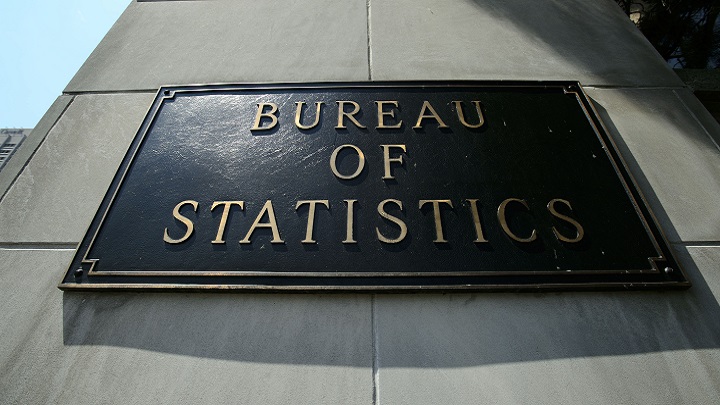About 20,900 jobs were lost in Saskatchewan from February to March 2020 as the province continues to deal with the COVID-19 pandemic.

Statistics Canada released its seasonally adjusted Labour Force Survey data on Thursday.
“These numbers are the worst numbers we’ve seen since 1976 I believe. They are very large numbers and continuing as we speak. Into April, I expect to see these numbers increase in terms of unemployment, and layoffs,” said John Hopkins, Regina & District Chamber of Commerce CEO.
“It’s very alarming. The impact of COVID-19 on the economy is very significant and going to be with us for a while.
“All we can hope for is that it gets contained to a certain degree where it’s safe to conduct business again and we can get back to growing the country.”
The job losses apply to workers who are 15 years of age and older.
According to the data, the employment rate dropped 2.5 per cent from February to March. Over that same time, Saskatchewan’s unemployment rate jumped 1.1 per cent.
According to the statistics, women over the age of 25 are being impacted the most in terms of employment, showing around 10,200 jobs lost from February to March, a 4.4 per cent drop.
Job losses for men over of the age of 25 were about 3,700, a 1.4 per cent drop.
From March 2019 to March 2020, employment dropped by 3.3 per cent, or about 19,300 jobs. The unemployment rate grew 43.1 per cent on a year-to-year basis.
The Labour Force Survey also measured the labour market during the week of March 15 to 21, a time when a number of provinces, territories and municipalities across Canada declared states of emergency.
“This had a clear and immediate impact on the Canadian labour market,” the report read. “Businesses and institutions of all sizes and in a variety of industrial sectors announced layoffs, and many individuals still employed experienced changes in the way they work, including to their hours worked.”
Across the country, the survey indicates employment fell by 5.3 per cent, or 1,011,000 jobs lost, in March — the lowest rate since April 1997.
From April 3 to 16, Statistics Canada will be collecting more data on the impact COVID-19 is having on the labour market.
“We’ll have to see what the post-COVID-19 economy looks like. I suspect that most people who were laid off are temporarily opposed to permanently, but that will remain to be seen and will depend on how long this impacts us,” Hopkins said.
“Hopefully those who were laid off will be recalled.”
Questions about COVID-19? Here are some things you need to know:
Health officials caution against all international travel. Returning travellers are legally obligated to self-isolate for 14 days, beginning March 26, in case they develop symptoms and to prevent spreading the virus to others. Some provinces and territories have also implemented additional recommendations or enforcement measures to ensure those returning to the area self-isolate.
Symptoms can include fever, cough and difficulty breathing — very similar to a cold or flu. Some people can develop a more severe illness. People most at risk of this include older adults and people with severe chronic medical conditions like heart, lung or kidney disease. If you develop symptoms, contact public health authorities.
To prevent the virus from spreading, experts recommend frequent handwashing and coughing into your sleeve. They also recommend minimizing contact with others staying home as much as possible and maintaining a distance of two metres from other people if you go out.
For full COVID-19 coverage from Global News, click here.





Comments